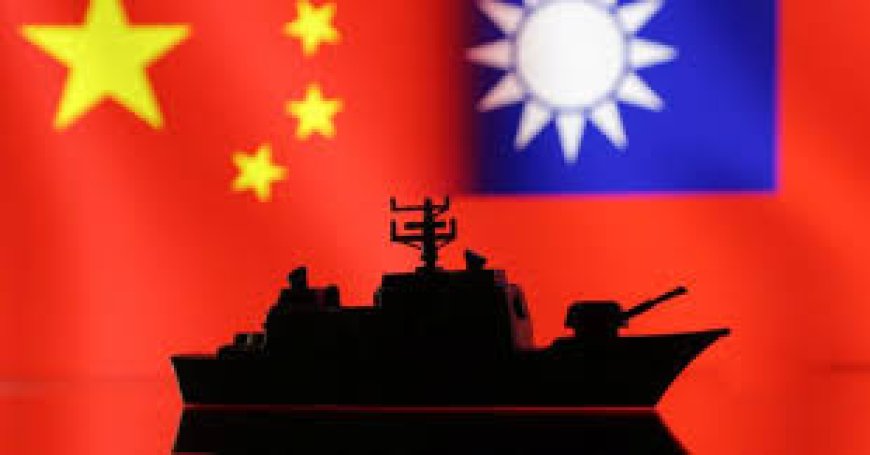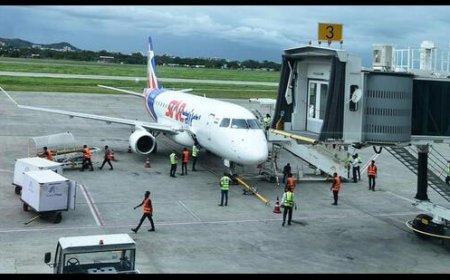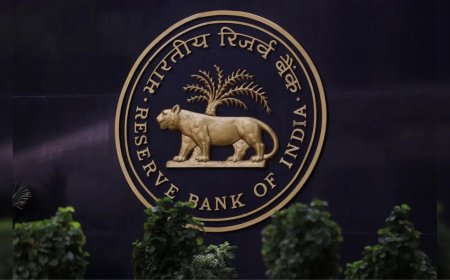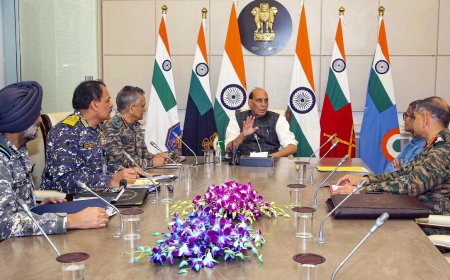China's military vows to boost combat readiness after Taiwan president speeches
China's PLA pledges combat preparedness following Taiwanese President Lai Ching-te’s assertive comments on sovereignty, raising regional tensions and investor concern.

Beijing, June 26, 2025 — China's military leadership has pledged to intensify combat preparedness following a series of assertive remarks by Taiwanese President Lai Ching-te, signaling a potential escalation in tensions across the Taiwan Strait. The People's Liberation Army (PLA) described the statements from Taipei as "provocative" and reaffirmed its commitment to safeguarding China's territorial integrity, emphasizing Taiwan as an "inseparable part" of China.
This renewed posture by Beijing comes amid a string of speeches by President Lai, who has doubled down on Taiwan's democratic identity and resistance to external coercion. Lai’s firm language has drawn sharp responses from both China’s political establishment and its military command, raising fresh concerns about regional stability in the Indo-Pacific.
PLA Issues Strong Warning After Lai’s Inauguration Rhetoric
On Wednesday, a spokesperson for the Eastern Theater Command of the PLA announced that Chinese forces would “intensify combat training and patrol missions” in waters and airspace surrounding Taiwan. “We will resolutely defend national sovereignty and territorial integrity,” the spokesperson said. “Taiwan independence means war.”
The PLA’s remarks came shortly after President Lai reiterated Taiwan’s intention to “stand firm in the global democratic camp,” asserting that only the island’s 23 million people have the right to decide its future. These remarks, made during public addresses to the Legislative Yuan and international delegations, have been viewed in Beijing as a veiled step toward formal independence—a red line for the Chinese Communist Party.
Military Drills Simulate Blockade Scenarios
In what analysts interpret as both a warning and preparation, the PLA conducted live-fire naval and aerial exercises encircling Taiwan last week. These drills reportedly simulated joint-force blockade and amphibious landing operations, underscoring China's operational readiness.
“China is sending a message that it is not bluffing,” said Dr. Mei Hsiao, Senior Fellow at the Center for Asia-Pacific Security Studies in Taipei. “Beijing is trying to signal resolve not only to Taiwan but also to the U.S. and regional allies that any moves perceived as secessionist will provoke a military response.”
The Ministry of National Defense in Taiwan reported an uptick in Chinese aircraft crossing the median line of the Taiwan Strait, a move considered a breach of tacit norms maintained since the late 1990s.
U.S. and Allies Monitor Situation Closely
The United States, while not recognizing Taiwan as a sovereign nation, remains its most significant unofficial ally and arms supplier under the Taiwan Relations Act. A Pentagon official confirmed that U.S. naval assets in the Western Pacific are “closely monitoring Chinese maneuvers” and “maintaining freedom of navigation operations” in accordance with international law.
Japan and Australia also expressed concern over China’s increased military activity near Taiwan. Japanese Defense Minister Hiroshi Moriyama warned of “unintended consequences” if military pressure continues unabated. “Peace and stability across the Taiwan Strait is vital for global economic and security interests,” he stated.
Market Reaction and Investor Outlook
Markets across the Asia-Pacific showed initial volatility following the PLA’s declarations. The Taiwan Weighted Index (TAIEX) fell by 1.4% intraday before recovering modestly. Key Taiwanese semiconductor stocks, including TSMC, experienced a temporary dip amid fears of supply chain disruptions.
However, analysts caution against panic. “Geopolitical tensions around Taiwan have become cyclical,” said James Kuo, Head of Asia Strategy at Lumen Capital. “Markets tend to react strongly in the short term but stabilize as diplomatic channels remain open and major conflict remains a low-probability event.”
That said, defense sector equities have seen notable gains. U.S.-based contractors like Lockheed Martin and Raytheon Technologies experienced a 2–3% uptick, and South Korea's Hanwha Aerospace shares rose 4.7% on regional demand speculation.
Strategic Forecast: Risks and Resilience
While the rhetoric from both sides has intensified, analysts believe a full-scale conflict remains unlikely in the immediate future. “Beijing understands the massive costs of any military miscalculation, particularly with the U.S. election cycle ongoing,” noted Bonnie Glaser, Managing Director at the German Marshall Fund’s Indo-Pacific program.
Still, the risk of escalation through accidental engagements remains real, especially with heightened patrols and military presence in contested waters. Efforts by regional powers to maintain backchannel communication and crisis management protocols will be crucial in the months ahead.
For investors, diversification across non-exposed sectors and hedging through safe-haven assets like gold and U.S. Treasuries are being advised by leading fund managers.
China’s military vow to enhance combat readiness following President Lai Ching-te’s pro-sovereignty remarks marks another chapter in the delicate and increasingly complex cross-strait relationship. As geopolitical tensions climb, diplomatic dexterity and regional coordination will be paramount to avoiding conflict and maintaining stability in the Indo-Pacific — a region vital not only to security but also to global economic health.
What's Your Reaction?
 Like
0
Like
0
 Dislike
0
Dislike
0
 Love
0
Love
0
 Funny
0
Funny
0
 Angry
0
Angry
0
 Sad
0
Sad
0
 Wow
0
Wow
0












































































